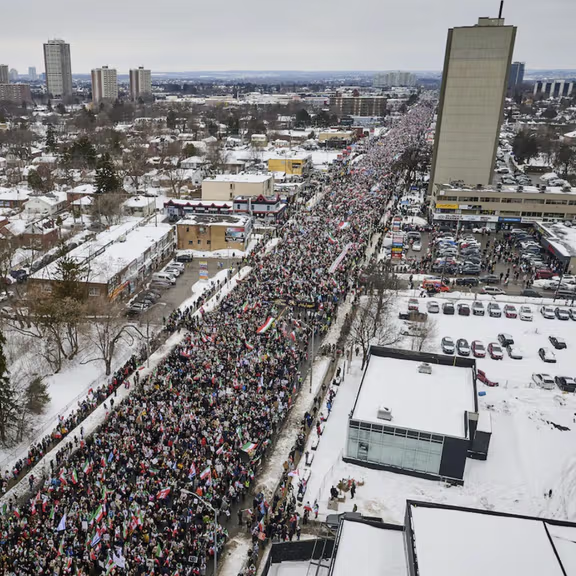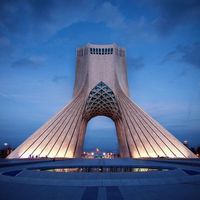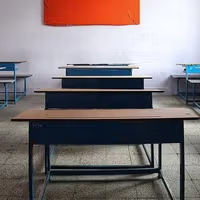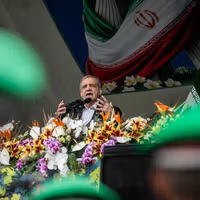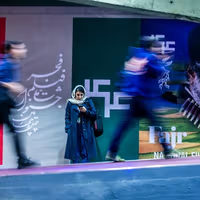Every society has its elite. But few countries exhibit as stark a divide between rulers and ruled as the Islamic Republic of Iran.
The leadership in Tehran still insists that the system built after the 1979 revolution is righteous, independent, and morally superior to the West. They proclaim that Iran is self-sufficient and culturally immune to foreign influence. They demand that ordinary citizens remain loyal, endure hardship, and treat isolation as virtue.
And yet, when it comes to their own families, the narrative implodes.
The offspring of Iran’s most powerful political, military, and clerical figures overwhelmingly choose to live somewhere else—most often in the United States, Canada, Europe or Australia. They study at Western universities, work in Western corporations, and enjoy Western freedoms.
This is neither accident nor anomaly. It is a pattern so consistent that Iranians have given it a name: the diaspora of privilege.
A list that goes on and on
Consider the Larijani family, long central to the architecture of the Islamic Republic. Ali Larijani—head of state television, nuclear negotiator, Secretary of the Supreme National Security Council and a twelve-year speaker of parliament—has spent years warning the public about the dangers of American influence.
Yet his daughter, a medical doctor, lives and practices in Ohio. She built a life in the very country her father depicts as an existential threat.
Or take Yahya Rahim-Safavi, former commander-in-chief of the Revolutionary Guard and one of the supreme leader’s closest advisers—who helped define the concept of “cultural resistance” and oversaw enforcement of compulsory hijab.
His daughter now lives freely in Australia, enjoying precisely the choices her father spent decades denying Iranian women.
Even families associated with the Islamic Republic’s “moderate” or “reformist” wings follow the same path.
The two daughters of former president Mohammad Khatami pursued higher education and lived for extended periods abroad.
So did a niece of former president Hassan Rouhani—herself the daughter of a presidential aide and senior nuclear negotiator. Factional differences vanish when opportunity abroad beckons.
The contradiction repeats. Masoumeh Ebtekar, one of the spokespeople of the 1979 hostage-takers, spent years justifying the takeover of the US Embassy. Decades later, she sent her son to study in Los Angeles—hardly the den of decadence and corruption described in her generation’s propaganda.
The Nobakht siblings, both accomplished physicians in top American institutions, followed a similar path. Their father and uncle held senior roles shaping Iran’s budgetary and economic policies—policies that left Iranian hospitals under-funded and understaffed. Yet their children built world-class medical careers abroad, in systems defined by stability and scientific freedom.
Even the grandchildren of Iran’s most senior clerics are part of the same exodus.
Zahra Takhshid, granddaughter of late Ayatollah Mohammadreza Mahdavi-Kani—one-time head of the Assembly of Experts and custodian of the regime’s ideological purity—now teaches law at an American university.
Her work focuses on rights, freedoms, and digital media: topics that would collide instantly with state censorship at home.
A transactional exodus
Taken together, these examples expose a political truth the regime cannot conceal: Iran’s rulers do not trust the system they impose on the public.
If they did, their children would stay—study in its universities, rely on its hospitals, and build their futures in the society their parents govern. But they don’t. They leave, quietly and steadily.
This exodus is not ideological. It is transactional. When you are connected to power, the world is your oyster.
While ordinary Iranians face sanctions, inflation, unemployment and severe limits on travel and opportunity, the children of high-ranking officials glide past these barriers. Western passports, long-term visas, elite degrees and high-paying jobs become accessible through money, influence and political insulation.
This is not the diaspora produced by repression or economic collapse—the path millions of ordinary Iranians have taken out of necessity. This is something else entirely: a ruling-class diaspora born of privilege and contradiction.
Louder than words
The noble-born are of course fully entitled to live wherever they wish and pursue the futures they desire. But their choices, their quiet escape, speaks louder than their parents’ slogans.
When the sons and daughters of ministers, generals, parliament leaders and revolutionary icons choose Los Angeles over Tehran, Cleveland over Qom, Melbourne over Mashhad, and Washington over Isfahan, they deliver a verdict more powerful than any opposition manifesto: The system is not good enough, not even for its architects.
The Islamic Republic demands loyalty from the public, but its own heirs refuse to live under the conditions created for everyone else. This is the heart of the hypocrisy: restriction is mandatory for ordinary Iranians, freedom is hereditary for the elite.
A government whose children flee its ideology cannot claim legitimacy. A revolution abandoned by its heirs cannot claim success. And a system that exports its privileged offspring to the West while confining its own people at home is not a model—it is a contradiction waiting to collapse under the weight of its own lies.









